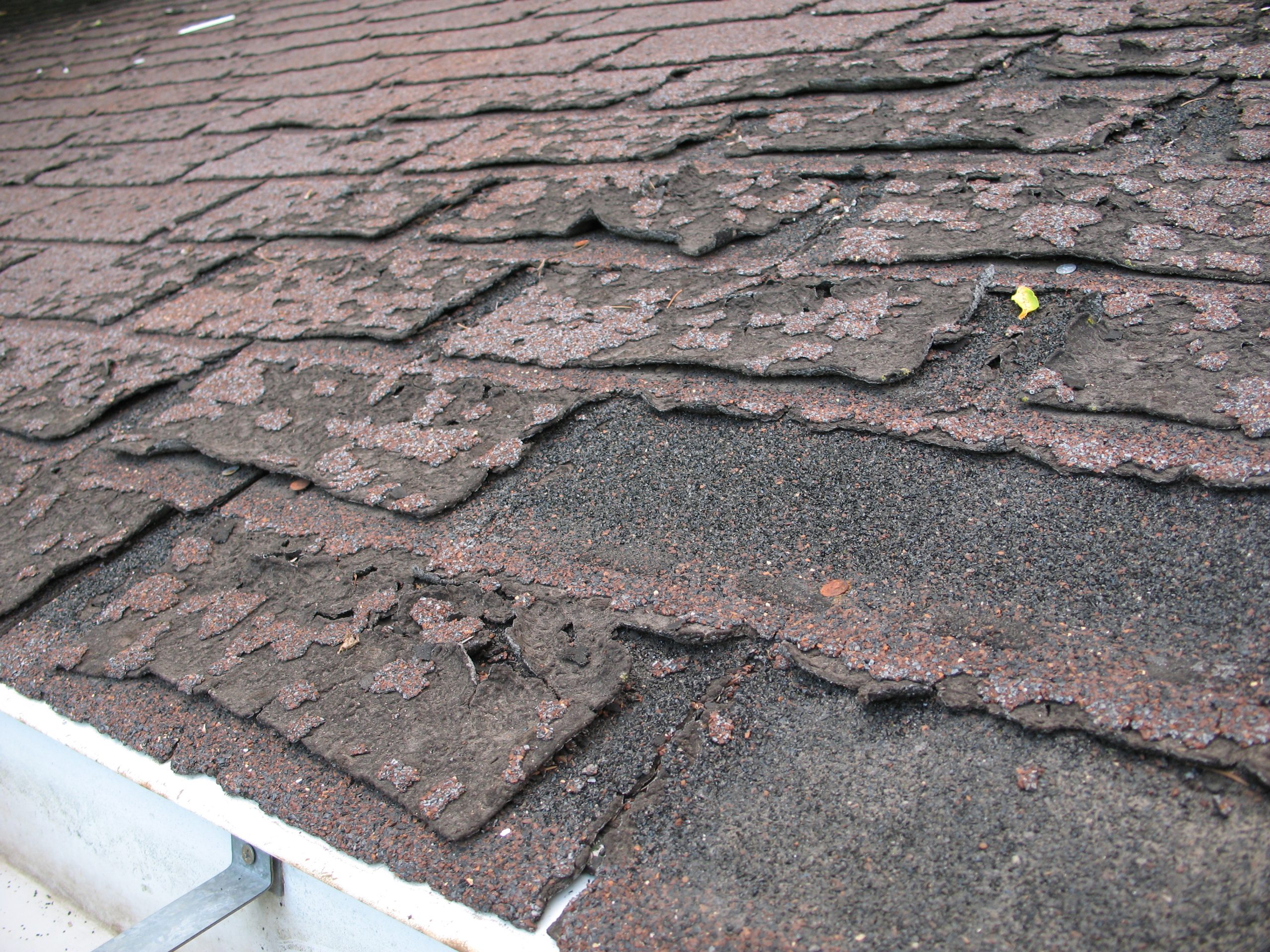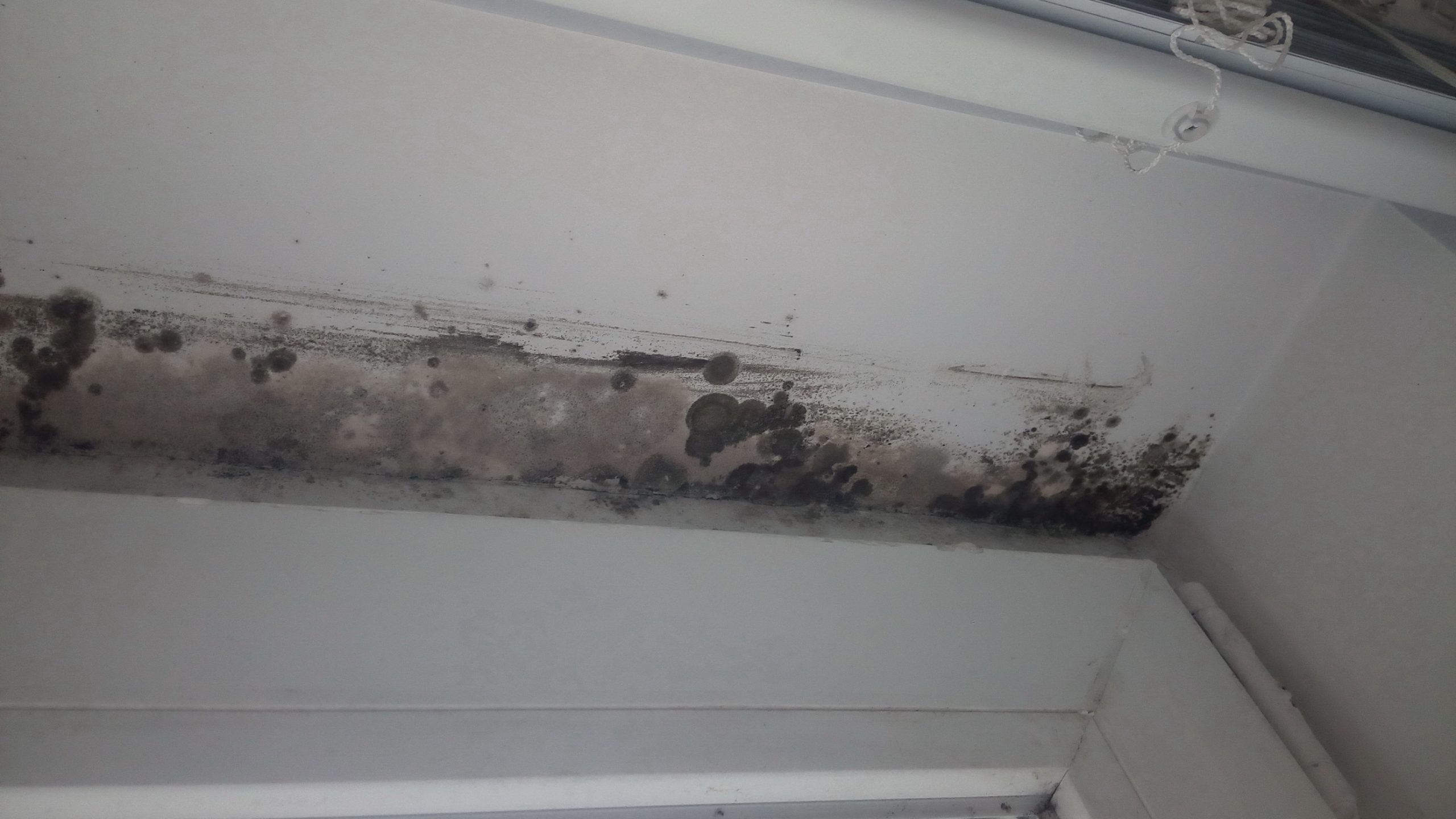
A task force established earlier this year to address inequalities amplified by COVID-19 in communities of color recommends looking at pressing public health issues such as the “sick building” problem that can increase the spread of the coronavirus.
The problem is caused by legacy pollutants — radon, asbestos, mildew, mold — that arise from delayed maintenance of aging schools, senior centers, hospitals and other buildings, according to the first biannual report released this month by the Andrea Harris Social, Economic, Environmental and Health Equity Task Force Gov. Roy Cooper put in place in June.
Supporter Spotlight
The report finds that, because of aging and poorly functioning HVAC systems, students attending these schools “are exposed to a host of chemical and biological contaminants that adversely affect their health and overall well-being and their ability to learn. Reopening these schools amid the pandemic is likely to exacerbate the problem, as buildings with poor ventilation, already a crucible for building related diseases, can potentially become hotbeds for the spread of the coronavirus.”
The sick building problem is just one issue the task force recommends addressing.
Task force members broke up into subcommittees focused on five areas — access to healthcare, economic opportunity and business development, educational opportunity, environmental justice and inclusion and patient engagement — to create the report, approved during a meeting Nov. 18.
Themes the subcommittees recommend addressing include broadband access and telemedicine, Medicaid expansion, workforce development, improving digital literacy, support for federally qualified health centers and medical school pipelines, which are programs at all levels of education that targets, enrolls and supports until graduation underrepresented students including minority, low income and women, with the goal of increasing representation in a certain field, according to the National Library of Medicine.

“Inequities in North Carolina are not new, but the pandemic is shining a bright light on disparities in our health care and our economy. This task force has recommended ways to tackle these inequities and break through systemic barriers to quality healthcare and economic opportunities,” Cooper said in a statement.
Supporter Spotlight
In addition to policy recommendations, the biannual report includes subcommittee goals, accomplishments and plans for the next year. A digital copy of the biannual report is on the website and there is a 2020 Policy Recommendations fact sheet that serves as a quick guide to the report.
“The policy recommendations were developed by task force members with public input to help improve equity among underserved communities, particularly communities of color,” said state Department of Administration Secretary Machelle Sanders. “It is our goal to create economic opportunity, eliminate health disparities, and achieve environmental justice for a better North Carolina.”
James H. Johnson Jr. is on the Environmental Justice and Inclusion Subcommittee and serves as director of Urban Investment Strategies Center, Kenan-Flagler School of Business, and is chair of the state Department of Environmental Quality’s Environmental Justice and Equity Advisory Board.
Johnson said in an interview that research shows the urgently needed renovation of existing aging and rapidly deteriorating school buildings in mostly rural and low-wealth counties is a $3 billion problem in North Carolina.
“My concern, and issue that I’ve raised, is that we have lots of people saying we’ve got to get students back into school, but legacy pollutants and poor HVAC systems increase the potential for COVID spread,” he said.

It’s not just schools that are sick buildings. Any aging infrastructure, businesses, county buildings, could have these problems, Johnson said.
The subcommittee opted to focus on schools when it comes to sick buildings at first because of the push to have children back in school.
“If the school is new, risk is low to spread COVID-19. But in some of these places where the HVAC systems don’t function so well, it’s another risk and potential problem, but pandemic or not, we need to fix the problem,” he said.
There’s some efforts to deal with sick buildings in some places, he continued, but “the point is we have deteriorating infrastructure and some groups are more adversely impacted in rural counties where the tax bases cant invest in public school infrastructure.”

Also, on the coast, there’s the added complication that comes with recurrent weather events like hurricanes. “This year we had the worst hurricane season in four decades,” Johnson said, adding that these recurrent weather events are part of the new normal, which he calls “certain uncertainty.”
“Here’s the opportunity in the crisis,” he said, explaining that this is a unique chance to address this pressing issue by creating jobs and businesses to move sick businesses to green businesses with open space and open spaces for kids to learn, play and develop.
Other recommendations by the Environmental Justice and Inclusion Subcommittee include environmental justice and equity concerns in state decision-making and address environmental and economic impacts in disadvantaged communities, according to the state Department of Environmental Quality.
“At the state level, we must also consider how economic incentives, business recruitment and retention, economic development, and infrastructure decisions either improve or disadvantage communities,” said DEQ Secretary Michael S. Regan, who serves as subcommittee chair, in a statement. “Together, we should have a standard analysis and decision-making process for how proposed projects could disproportionately impact communities of color.”

Subcommittee members joining Johnson and Regan are North Carolina NAACP President the Rev. Dr. T. Anthony Spearman, Greg Richardson, the executive director of the Commission of Indian Affairs, and the Rev. Dr. Jonathan Augustine, pastor of St. Joseph African Methodist Church.
“Together we have committed to be bold and to challenge the status quo by bringing forth impactful and long-lasting change with every recommendation we make,” said Spearman in a release. “This team is intent on peering through the lens of equity wholeheartedly agree that lives do matter and the return we will get on our investment for doing just and right will yield greater returns than any monetary return on investments ever will.”
The subcommittee is also pushing for the creation of environmental justice, equity and inclusion positions in state agencies such as the departments of Commerce, Transportation, Natural and Cultural Resources, and the Office of Emergency Management.
“The goals of the subcommittee broaden environmental justice beyond DEQ to incorporate EJ and equity concerns more consistently in state-decision making that impacts communities of color,” Sharon Martin, DEQ spokesperson, told Coastal Review Online. The biannual report details how, as well as next steps and issues ahead for the subcommittee’s work.
The subcommittee also has proposed using current training and incentive programs to create jobs initiatives in disadvantaged communities geared toward remediation and resiliency work on public and low-income buildings in those communities, with a specific focus on public schools within the demonstration sites of Robeson and Edgecombe counties, according to the release.
“The Task Force created a propitious opportunity to recommend policy changes as well as strategies, tactics, and programmatic initiatives to address pressing environmental justice issues in our state, such as the sick building problem in our public schools that affects children of color disproportionately,” said Johnson in the release. “More than that, in the process, we can create a pathway to greater shared prosperity and economic justice by intentionally connecting historically disadvantaged citizens to business and job opportunities aimed at addressing environmental and public health equity issues in our state.”
The Andrea Harris Task Force plans to develop a policy implementation plan, host public listening sessions, and continue working on long-term goals set by the subcommittees in August. This is the first of two reports that will be released by the task force. The second report is scheduled to be released June 1, 2021.
Established under Executive Order No. 143, the task force is named for the late civil rights activist, Andrea Harris, who dedicated her life to eliminating disparities in North Carolina, co-founding the nonprofit Institute of Minority Economic Development in Durham and serving on the state’s Advisory Council for Historically Underutilized Businesses.







